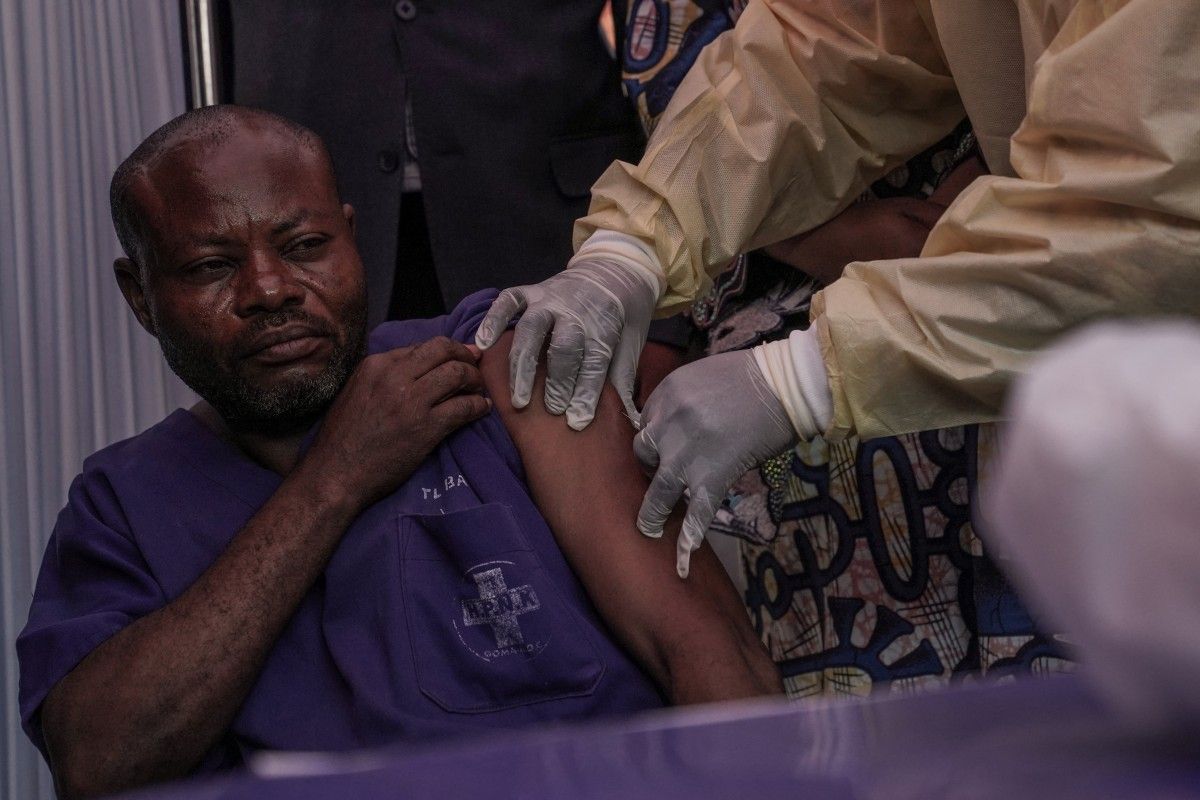
The vaccination campaign against mpox has officially begun in the Democratic Republic of Congo. While this initiative marks a crucial step, it remains insufficient to address the growing scale of the ongoing outbreak.
The Democratic Republic of Congo (DRG) has recently reached a significant turning point in its fight against mpox, a potentially deadly viral disease. On October 5, the DRC launched a vaccination campaign in response to a concerning epidemic that has impacted the African continent, particularly the Congo Basin region. However, mpox is not a new phenomenon in Africa; it has been endemic in the forests of central tropical Africa. Isolated from macaques in 1958, it was first detected in humans in the DRC in 1970, when the disease was still considered sporadic. Since then, several outbreaks have been reported, primarily in Africa. Recent outbreaks in 2022 and 2024 have been classified as Public Health Emergencies of International Concern, raising significant alarm.
Transmission Dynamics
The World Health Organization (WHO) identified two distinct groups of the virus: "clade I" (or Central African clade), primarily observed in the Congo Basin, and "clade II" (or West African clade), which, as the name suggests, is found in West Africa. The resurgence of the disease in 2022 was due to clade II, primarily affecting gay and bisexual men, highlighting transmission dynamics that often occur through close contact. The WHO lifted its alert in May 2023 after recording 87,400 cases and 140 deaths. In 2024, a new outbreak was reported, particularly in the DRC, with two simultaneous epidemics: one caused by "clade I," primarily affecting children, and another linked to the emergence of a new subgroup, dubbed "clade 1b." This new strain is spreading among adults in eastern DRC, and to a lesser extent, in neighboring countries such as Uganda, Rwanda, Burundi and Kenya.
Vaccination Campaigns
According to statistics from the Africa Centres for Disease Control and Prevention (Africa CDC), published on October 3, more than 34,000 cases have been confirmed in Africa since the beginning of the year, with 70% of the deaths occurring in children under five. Dr. Jean Kaseya, Director-General of Africa CDC, warned that "the epidemic is not under control," highlighting the persistent challenges in managing this health crisis. Rwanda inaugurated the first vaccination campaign in Africa on September 17. In contrast, the long-awaited rollout of the vaccine in the DRC finally took place on October 5, with the arrival of 265,000 doses provided by the European Union and the United States. This initiative is particularly significant in a country where poverty limits access to healthcare. It represents "an important step in limiting the spread of the virus," according to Dr. Matshidiso Moeti, WHO Regional Director for Africa, in a statement.
Mpox Exists
Vaccination operations have started in Goma, a city in eastern DRC, where local authorities, supported by the WHO and NGOs, have mobilized resources to raise awareness about preventive measures. The launch of these campaigns has been accompanied by a clear message: "Mpox exists." For now, these campaigns are only targeting adults, while children, who are severely affected by the epidemic, are excluded. The vaccine in question was developed by the Danish company Bavarian Nordic. It is a live attenuated vaccine against smallpox and mpox, derived from modified live vaccinia Ankara virus. It was initially approved for adults, and the European Medicines Agency recommended on September 19 that its use be extended to adolescents aged 12 to 17.
Insufficient Aid
Vaccines against human smallpox – caused by the variola virus, which is closely related to the mpox virus – provide protection against mpox. However, systematic vaccination was halted after the eradication of smallpox in 1980. Therefore, all individuals under 40 are vulnerable to both viruses. Furthermore, in Africa, over 70% of the population is under 40, making the continent particularly susceptible to mpox outbreaks. Major challenges to vaccine access in Africa include high costs, intellectual property restrictions hindering local production, and a lack of global solidarity mechanisms. According to an editorial published in Science on October 3, the Pandemic Fund, hosted by the World Bank, provided insufficient and delayed assistance to address mpox. Additionally, no commitments from manufacturers have yet been made to produce enough doses at affordable prices for African countries.
The challenge of the mpox epidemic extends beyond the DRC or Africa, it is a global issue that requires collective attention now more than ever. While vaccines are crucial, they represent only part of the solution. It is imperative to ramp up efforts in testing, contact tracing and community awareness. Further research and scientific collaboration are necessary to better understand the molecular and biological mechanisms at play, and to develop effective treatments. The international community must act to ensure that this epidemic in Africa does not turn into a pandemic.

Comments